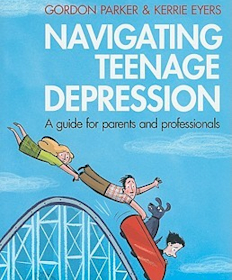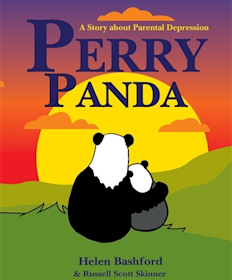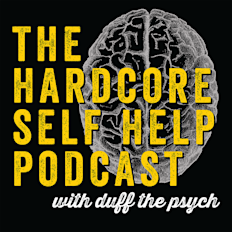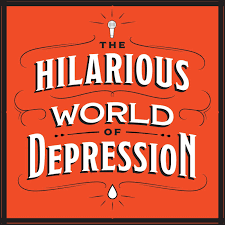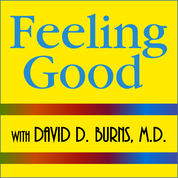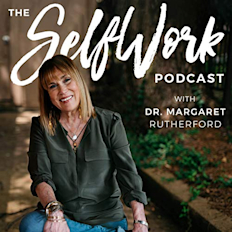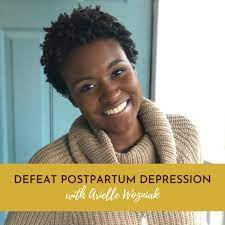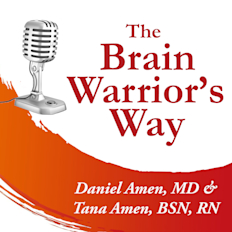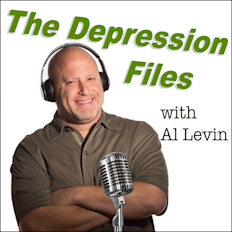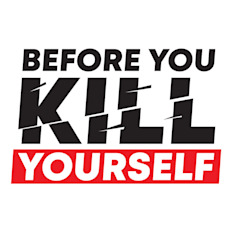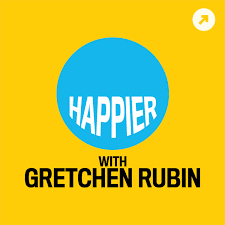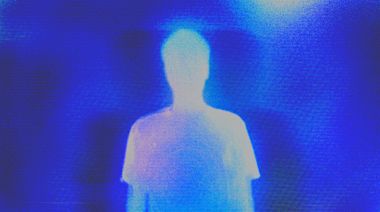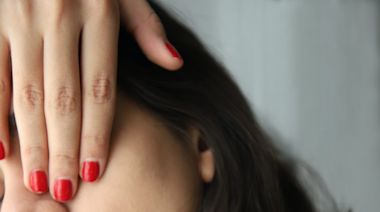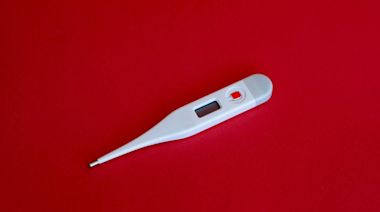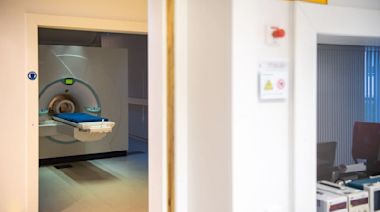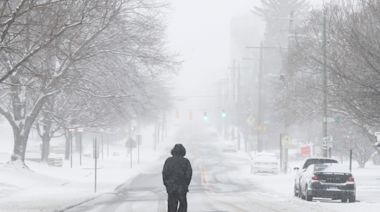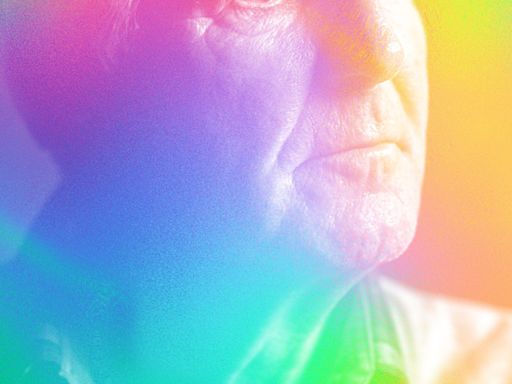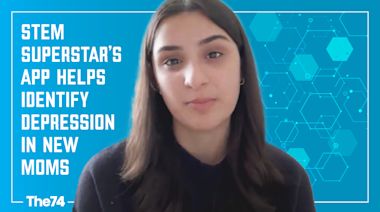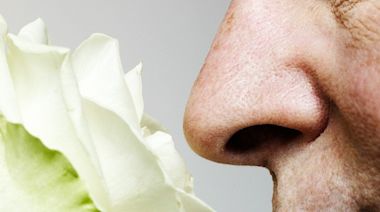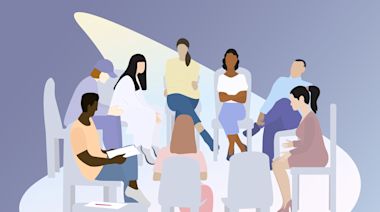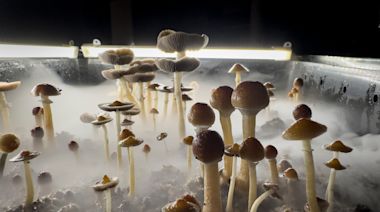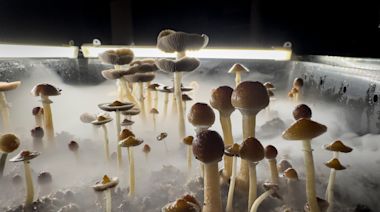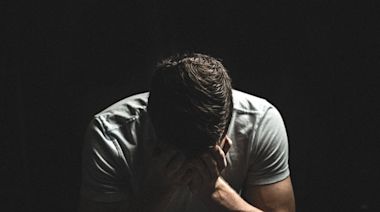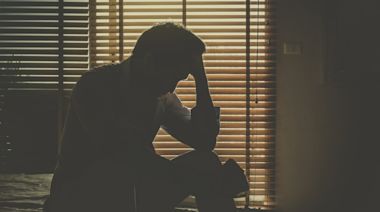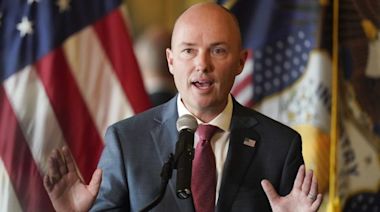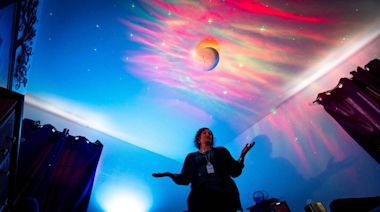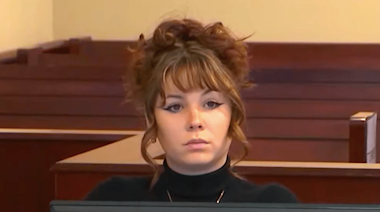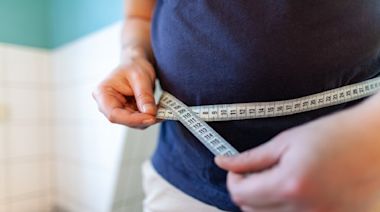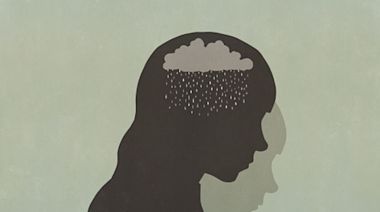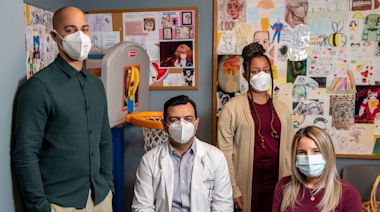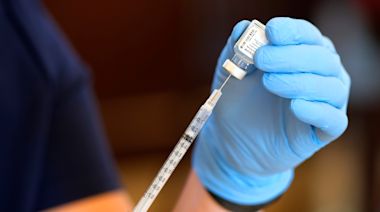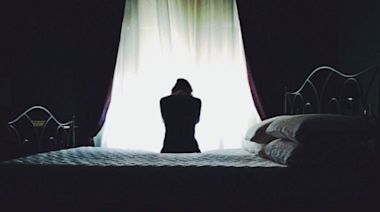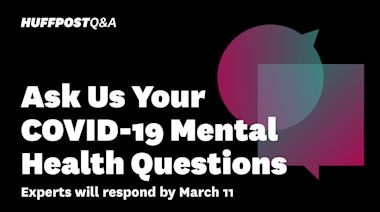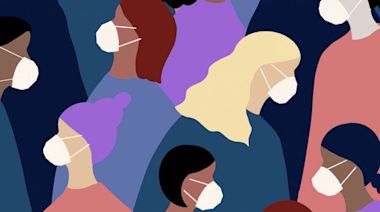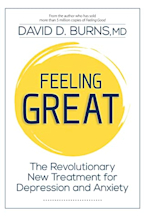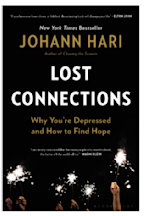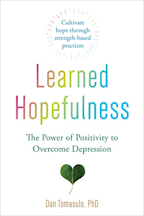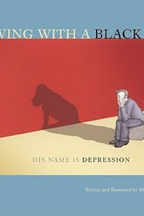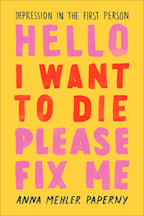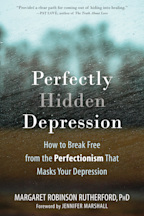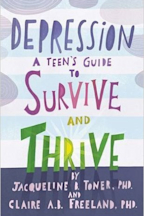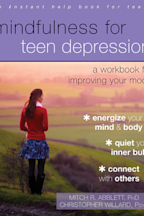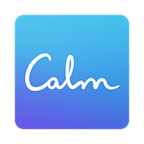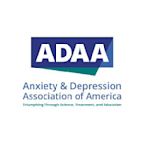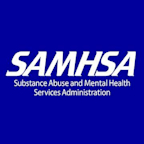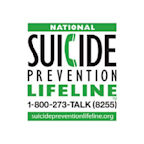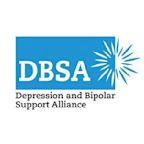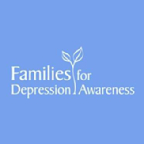Ads
related to: depression symptoms- Treatment Information
Get More Information.
Learn How the Treatment Works.
- How It Works
Learn More About a Treatment
Option for MDD on Site Today.
- Tips and Tools
Visit the Website for Tips on
Managing MDD and Support Tools.
- FAQs
Find Answers to Your Questions
and Learn More on Site Today.
- Find a Provider Near You
Use the Telehealth Platform to
Attend Your Appointment Virtually.
- Savings Programs
See Potential Patient Savings
on Site Today. Learn More.
- Treatment Information
Search results
- Books for Family & Caregivers
- Podcasts
- Text HOME to 741741 to reach a trained Crisis Counselor through Crisis Text Line, a global not-for-profit organization. Free, 24/7, confidential.
Symptoms and Signs of Depression
- Study to probe if outdoor swimming can reduce symptoms of depressiondpa international
- AI fails to detect depression signs in social media posts by Black Americans, study findsReuters
- 'Boys are disappearing' from mental health care, as signs of depression and anxiety go undetectedNBC News
- 'Boys are disappearing' from mental health care, as signs of depression often go undetectedNBC Universal
- These 5 Work Habits Are Pretty Common, But They Could Be Subtle Signs Of DepressionBuzzFeed
- 5 Signs of Depression That Are Easy to MissClub Mental
- Physical Symptoms of DepressionVerywell Health
- Fitness trackers find new symptom of depression — body temperature. What to knowSacramento Bee
- Maine Coon Parents List 9 Signs That Show a Cat Is DepressedPetHelpful
- Veterinarians List Signs Indicating a Dog Might Be DepressedPetHelpful
- Dogs can experience depression, too — here are signs to look for and how to helpNY Post
- Depression Coping Skills: Steps to Managing SymptomsVerywell Health
- Dogs Can Suffer from Depression — Here Are Signs to Look Out for and How to Diagnosis ThemPeople
- Postpartum Depression Awareness: Signs to RecognizeVerywell Health
- Study: MRIs in depression treatment could ease symptoms for longerdpa international
- Is winter making you sad? What to know about seasonal depression symptoms, treatment, moreDelaware Online | The News Journal
- Hot yoga may reduce depression symptoms, clinical trial showsMotherly
- Hot Yoga Might Help Treat Depression Symptoms, Study FindsHealth
- Heated yoga classes may ease symptoms of depressionUnited Press International
Self-Care and Management
- WATCH: Canada Teen Has a Way to Treat Postpartum Depression With AI and an AppThe 74
- Why scents are being used to treat dementia and depressionThe Telegraph
- DoD makes effective drug to treat suicidal depression harder to getWAVY
- Neuronetics wins FDA clearance for device to treat adolescents with depressionMedTech Dive
- How to Manage Anxiety and Depression When You Have Kidney CancerTime
- Gisele Bündchen Says She Cured Her Panic Attacks and ‘Severe’ Depression by Changing DietUs Weekly
- These 3 exercises found to be the best for treating depressionGood Morning America
- Exercise and antidepressants may be the most effective combo for treating depressionFortune
- These simple activities can treat depression as effectively as therapy, study saysCNN
- Can the psychedelic in magic mushrooms treat depression? Ohio State professor weighs inThe Columbus Dispatch
- Can the psychedelic in magic mushrooms treat depression? An Ohio State professor says yesGannett
- Ketamine infusions effective for treating depression, veterans' study showsUnited Press International
- Depression Coping Skills: Steps to Managing SymptomsVerywell Health
- VA plans research on using psychedelics to treat PTSD, depressionMilitary Times
- Orlando VA embraces new innovative therapy, Esketamine, for treating depression in veteransWFTV
- Hotel manager took two days off to treat depression — and got fired, lawsuit saysKansas City Star
- New research in Austin explores different approach to treat severe depressionKXAN
- Utah governor says social media increases anxiety, depression, self-harm among youthThe Hill
- A Boise clinic uses the drug ketamine to treat depression. Is it legal? How does it work?Idaho Statesman
Depression and Celebrity Struggles
- Jane Fonda’s advice to people depressed about the future: Get involvedCNN
- Léa Seydoux and George MacKay on the Darkness of L.A.: If You’re Lonely and Depressed, It ‘Exacerbates All Your Feelings’Indiewire
- Amanda Bynes Claims She Gained 20 Lbs From Being ‘Depressed’ and Sets Health New GoalsIn Touch Weekly
- Gisele Bündchen Reveals Her Divorce Wasn’t When She Felt Most ‘Depressed’TheBlast
- Lil Mama says she was “depressed” after crashing JAY-Z and Alicia Keys’ VMAs performanceRevolt
- ‘Rust’ Trial: Gun Expert Describes ‘Perfectly Functioning’ Weapon That ‘Would Fire’ if Cocked With Trigger DepressedThe Wrap
- Crystal Hefner Claims the Birds at the Playboy Mansion Were Dying of Thirst and the Zoo Animals Were ‘Depressed’People
- Gladiator 2's Paul Mescal Explains Why He'll Be 'Profoundly Depressed' If The Sequel Makes Him More FamousCinemaBlend
- Paul Mescal Fears Becoming Too Famous After ‘Gladiator 2’: ‘I’d Get Profoundly Depressed’Us Weekly
- Paul Mescal says he’ll be ‘depressed’ if he becomes more famous after Gladiator 2The Independent
- Paul Mescal Says He’ll Get “Profoundly Depressed” If ‘Gladiator 2’ Makes Him More FamousThe Hollywood Reporter
- Paul Mescal Will Be ‘Profoundly Depressed’ If ‘Gladiator 2’ Makes Him Wildly Famous: ‘I’ll Be in a Bad Spot’Variety
- Jimmy Kimmel mocks claim that ‘depressed’ Trump stopped eating after Jan 6The Independent
- “RHOBH”: Kyle Richards Said She Quit Drinking Because She Couldn't 'Afford to Be Depressed' amid Marital StrainPeople
- Mark Ruffalo Credits ‘Poor Things’ with Saving Him from ‘Depressed Dad’ TypecastingIndiewire
- Kelly Clarkson Felt 'Depressed' for Years Before Moving to NYC: 'I Really Needed the Change' (Exclusive)People
- Depressed about the Patriots? Here are 12+ ways to have more fun on Sundays in RIThe Providence Journal
- Jeezy didn't know he was depressed for eight years. 'You wake up, you want to go back to sleep forever'LA Times
- Jeezy opens up about being depressed for eight years of his lifeRevolt
COVID-19 and its Effect on Depression
- COVID-19 and Depression: Understanding the ConnectionVerywell Health
- How These Biotech Players Could Help Treat Covid-Fueled DepressionInvestor's Business Daily
- Depression and anxiety led to weight gain among people living with obesity during pandemicThe Hill
- 1.5M more kids experienced anxiety, depression during the pandemic: surveyThe Hill
- Depression, suicidal thoughts prevalent in high school students during pandemic: U.S. studyReuters
- Lasting depression and anxiety can follow severe case of Covid, study findsNBC News
- COVID pandemic, 2 years in, has spurred 'epidemic' of anxiety, depression among NJ kidsThe Bergen Record
- Anxiety, depression rampant among children even before the pandemicNBC Universal
- Burnt-out doctors are being recruited to try 'magic' mushrooms for pandemic-related depression and anxietyINSIDER
- Why pandemic depression and anxiety is putting your heart health at riskTODAY
- Oklahomans with mood disorders like depression are at high risk for COVID-19, CDC saysThe Oklahoman
- Anxiety, depression fluctuated with COVID-19 waves: StudyABC News
- Postpartum depression on the rise, especially for women of color, during COVID-19 pandemicLA Times
- Early in the pandemic, new moms with COVID-19 were separated from their babies at birth - and postpartum depression rates soaredINSIDER
- More than 40% of people reported depression and anxiety symptoms since start of pandemic, survey findsYahoo Life
- Are You Feeling Anxiety Or Depression From The COVID-19 Pandemic?AOL HuffPost Life US
- Seasonal depression, pandemic combine for potentially dreary winter. Here's how to copeGood Morning America
- How to Cope With Seasonal Depression During the COVID-19 PandemicPrevention
- Study: COVID infection raises risk of anxiety, depressionYahoo Life
Results from the WOW.Com Content Network
163 million (2017) [8] Major depressive disorder ( MDD ), also known as clinical depression, is a mental disorder [9] characterized by at least two weeks of pervasive low mood, low self-esteem, and loss of interest or pleasure in normally enjoyable activities. Introduced by a group of US clinicians in the mid-1970s, [10] the term was adopted by ...
Depression is a mental state of low mood and aversion to activity. [3] It affects more than 280 million people of all ages (about 3.5% of the global population). [4] Depression affects a person's thoughts, behavior, feelings, and sense of well-being. [5] Depressed people often experience loss of motivation or interest in, or reduced pleasure or ...
Medication. Antidepressants. A major depressive episode ( MDE) is a period characterized by symptoms of major depressive disorder. Those affected primarily exhibit a depressive mood for at least two weeks or more, and a loss of interest or pleasure in everyday activities. Other symptoms can include feelings of emptiness, hopelessness, anxiety ...
Back in 2019, nearly 18 million adults were experiencing depression symptoms. But fast-forward and that number explodes: By the end of the pandemic, more than 84 million American adults—almost a ...
Melancholic depression, or depression with melancholic features, is a DSM-IV and DSM-5 specifier of depressive disorders. The specifier is used to distinguish clinically relevant subsets of causes and symptoms [1] that have the potential to influence treatment.
Atypical depression is defined in the DSM -IV as depression that shares many of the typical symptoms of major depressive disorder or dysthymia but is characterized by improved mood in response to positive events. In contrast to those with atypical depression, people with melancholic depression generally do not experience an improved mood in ...
Minor depressive disorder. Minor depressive disorder, also known as minor depression, is a mood disorder that does not meet the full criteria for major depressive disorder but at least two depressive symptoms are present for a long time. These symptoms can be seen in many different psychiatric and mental disorders, which can lead to more ...
Psychotic major depression (PMD), or simply psychotic depression, is the term for a major depressive episode, in particular of melancholic nature, wherein the patient experiences psychotic symptoms such as delusions or, less commonly, hallucinations. These are most commonly mood-congruent (content coincident with depressive themes).
Multiple sclerosis. Multiple sclerosis is a chronic demyelinating disease in which the myelin sheaths of cells in the brain and spinal cord are irreparably damaged. Symptoms of depression are very common in patients at all stages of the disease and may be exacerbated by medical treatments, notably interferon beta-1a.
In the mid-20th century, researchers theorized that depression was caused by a chemical imbalance in neurotransmitters in the brain, a theory based on observations made in the 1950s of the effects of reserpine and isoniazid in altering monoamine neurotransmitter levels and affecting depressive symptoms. [32]
Ads
related to: depression symptoms
